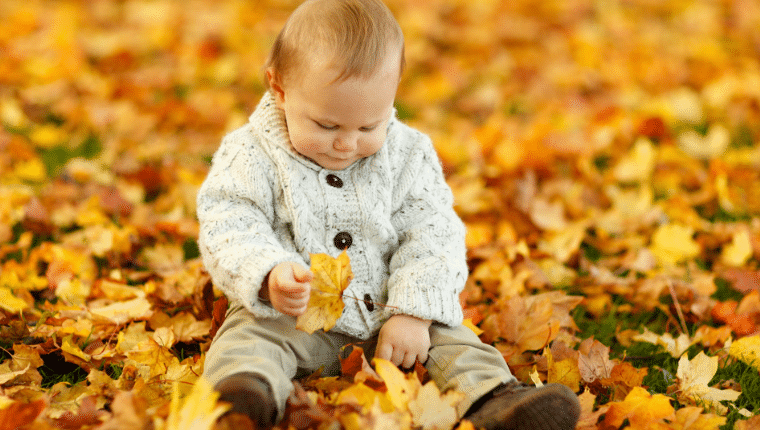Children learn best through doing, so it makes sense to get them outside to really experience things. Vast, open spaces where children’s play can come to full expression, where children can make a mess, run, jump and hide, where they…
The specific features and stimulus of the outdoor environment provide for different play opportunities that can hardly be replicated inside. The outdoors can be described as an open and constantly changing environment, where it is possible to experience freedom, gross movements, and contact with natural elements. While playing outside, children benefit from being exposed to sunlight, natural elements, and open air, which contributes to bone development, stronger immune system and physical activity. Outdoor play enables children to enjoy the natural environment and learn to seek out exercise, fresh air, and activity. There is something fundamentally healthy about using the outdoors. Thus outdoor play develops disposition for the outdoors, for physical activity, and for care of the environment.
There are two fundamental reasons why outdoor play is critical for young children in our early childhood programs and schools.
First, many of the developmental tasks that children must achieve—exploring, risk-taking, fine and gross motor development and the absorption of vast amounts of basic knowledge—can be most effectively learned through outdoor play. Children need opportunities to explore, experiment, manipulate, reconfigure, expand, influence, change, marvel, discover, practice, dam up, push their limits, yell, sing, and create. Some of my favourite childhood memories are playing outdoors, in fact pretty much all of my most memorable moments took place outside. This is no accident. Not only do children learn lots of basic and fundamental information about how the world works in a very effective manner, they are more likely to remember what they learned because it was concrete and personally meaningful.
The outdoor environment offers unique stimulus that capture children’s attention and interest. Natural elements are open-ended materials, that can respond to children’s imagination and needs. The exploration of natural elements is also important to capture children’s attention to the richness and diversity of nature. Through outdoor play and the exploration of natural elements, it is possible to promote education in its broadest sense. To learn about their own physical and emotional capabilities, children must push their limits. How high can I swing? Do I dare go down the slide? How high can I climb? Can I go down the slide headfirst? To learn about the physical world, the child must experiment with the physical world. Can I slide on the sand? Can I roll on grass? What happens when I throw a piece of wood into the pond? Is cement hard or soft to fall on?
Second, our culture is taking outdoor play away from young children through excessive TV and computer use, unsafe neighbourhoods, busy and tired parents, educational accountability, elimination of school recess, and academic standards that push more and more developmentally inappropriate academics into our early childhood programs, thus taking time away from play. Changes in current societies are affecting childhood experiences. Time for outdoor play is diminishing, contributing to more sedentary lifestyles, disconnected from the natural world there is a need to raise general awareness regarding children’s right to play outdoors, as well as its potential in supporting children’s well-being, learning and development. Children who learn to enjoy the outdoors have a much higher likelihood of becoming adults who enjoy hiking, gardening, jogging, bicycling, mountain climbing, or other outdoor endeavours. This is critical as obesity becomes an ever-greater national concern and as we must all learn to care for and protect the environment.
Providing for the outdoor play needs of young children is a complex and challenging task. A variety of factors must be considered, including the various play needs of young children, supervision and safety. However, because our children experience fewer and fewer opportunities to explore nature, run, roll, climb, and swing and because outdoor play is part of being a child, we must find a variety of ways to provide quality outdoor play experiences for all children, beginning in infancy. Children need to move their bodies in a variety of ways, everyday! Movement is critical for learning and development and allowing freedom to explore their bodies through movement is best done outside. Quite simply, you can move further, faster and with greater freedom, outside.
Interested in learning more about this topic? Check out our course – The Importance of Outdoor Play for Young Children – via the Online Learning Hub.


